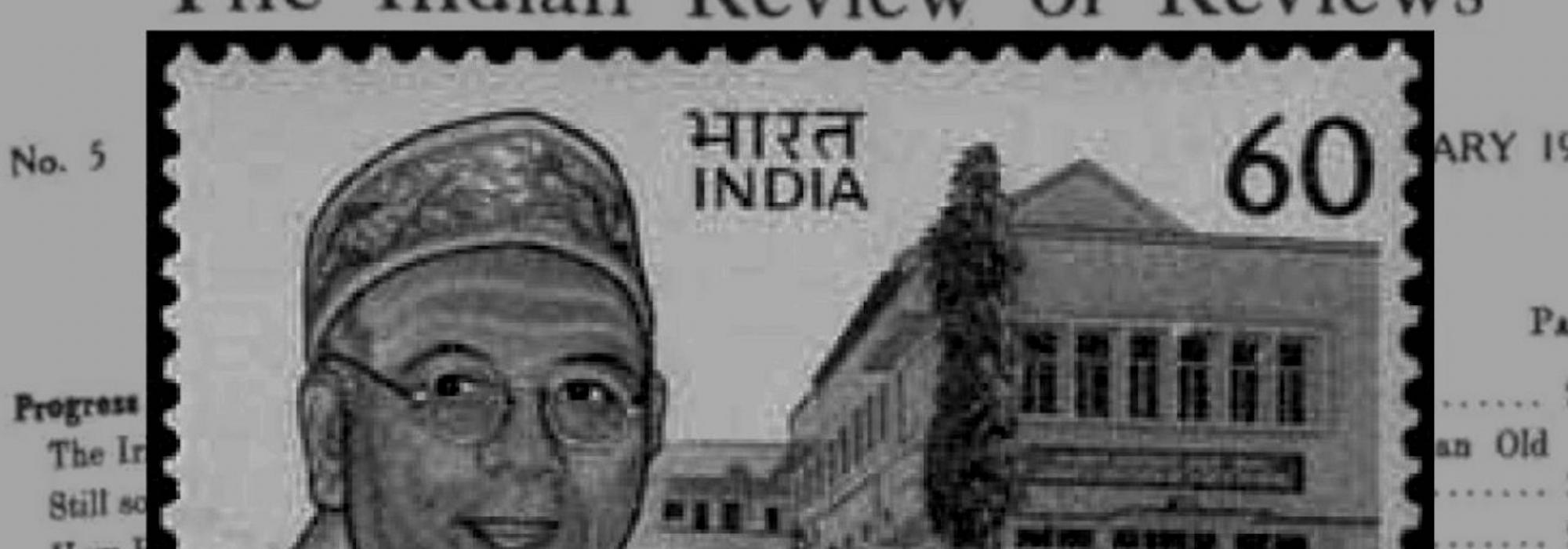Wealth and Prosperity
With respect to wealth and resources, it is true that they are showing more activity than India. The reason behind it is not the government. There are two other causes – 1. The innate sense of industriousness in people and 2. Resources that are available naturally. The United States of America is a great example for the latter. It has expansive areas of land, the handiness of rivers and oceans, large regions of forests spread far and wide, and subterranean mineral resources. The enterprising people of the US have derived great benefits from these naturally-available resources. Similarly, factories and automation have grown enormously there. The American wealth and prosperity is a result of this. The question is, however, has the comfort of people improved alongside the achievement of economic prosperity? Instead of the system of governance currently operative there, had there been a different administrative system, wouldn’t they have still achieved such progress?
Economic prosperity and technological infra-structure are indeed important. However, they alone don’t signify well-being. Technological advancements and economic progress are not the only purposes of human life. On the other hand, economic development may impair people’s welfare. The US can show us an example for this too. Instances of crimes and misdeeds are innumerable nowadays. Reports from megacities like New York make these evident. Let us leave this topic here.
People’s Nature and Character
Irrespective of the country, the political system should always be in harmony with the nature and character of its people, and should always be complementary to their life-purposes. Having said that, what is the nature and character of people in India? What are the purposes of their lives? These are the foremost questions to be pondered upon in our polity.
In general, our people have never considered worldly existence as the most essential part of living. They have always believed that there is another realm beyond worldly existence that is more important than material life.
As a result, worldly existence has become a mere vehicle in their perspective. Material life is a tool to the ultimate; the realm beyond is the ultimate. In other words, that is the goal to be achieved. Water is what a thirsty person needs. And a vessel is to hold that water. The vessel derives its value from water. In the same way, worldly matters derive their value from a person’s vision for what is beyond. Politics derives value from worldly affairs. And this is the main principle.
It is a different subject altogether whether or not our people’s faith is well founded. It is not pertinent to the present discussion. Making a large community realize that a belief system that has developed over thousands of years is wrong and making them forsake its practice are gigantic tasks. For someone like me, the idea sounds like a far cry. I am of the opinion that we should consider the belief system currently in practice as the basis for progress and move ahead. From the standpoint of people like me, political affairs can only be a small part of people’s lives but never the most important.
However, that is not the case for Westerners. For them, worldly affairs are more important than what could be beyond. There may be a tomorrow: but the current moment is what is true. Let us first deal with the present and think about what is beyond later on – this is how the commoners in the West approach life. Political affairs become necessary for them since their mind-set is thus. Democracy means politics on a daily basis. Keeping an eye on the government across all the three hundred and sixty-five days throughout the year; continuously throughout the day – morning, afternoon, and evening; wiping the filth off it; and correcting its deviations should be the vocation of every nationalist citizen. One should earn food for survival and be involved in the country’s politics on a daily basis to earn more food.
And thus, democracy in itself is an independent occupation. And a perennial one too. Professionals such as teachers, factory workers, doctors, and engineers, work just enough to stay afloat in their respective fields but a politician works perpetually. Delivering speeches, making announcements, deve-loping strategies, scheming, stubbornness, resilience, nourishing enmity, and pretending valour – these are the most significant aspects of professional politics.
Mind-set of Indians
These are not the kinds of duties that suit the nature of a normal Hindu. My lord, should we hustle so much to earn a decent piece of bread? he wonders. The great Vedāntadeṣika says –
śilaṃ kimanalaṃ bhavedanalamaudaraṃ bhāditaṃ
payaḥprasṛtipūrakaṃ kimu na dhārakaṃ sārasamIf you eat rice cooked using grains that have
naturally ripened and have fallen down,
isn’t it enough to satiate the fire burning in your belly?
If you, with your cupped palms, drink a
few mouthfuls of water from a pond or a river,
doesn’t it quench your thirst?
This is the typical mind-set of the Indian people. Epicurus, one of the most eminent Greek philosophers; the prodigious poet Lucretius; and the Stoic philosophers used to ask similar questions.
A sense of contentment even with less wealth is a quality of sattva-guṇa. In the political affairs of Europe and the US, sattva has diminished; rajas has increased. Science has been complementing rajas. Democracy alone is compatible with rajas. Perennial discontent is its most prominent feature. A new dispute has to arise every day, people should split into two or three parties, and there must be constant agitation. Even a majority decision should be temporary; there should be more struggle to change those decisions. This is a routine in such places. This is not something that suits our people. Turning politics into a separate profession is not beneficial to anybody. It worsens the nature of a politician. It breaks unity amongst people resulting in the rule of parties. It diverts people’s minds from their pursuit of the spiritual, cultivates material greed, and results in the downfall of the Self. Our nation is not ready for this; it shouldn’t be.
















































